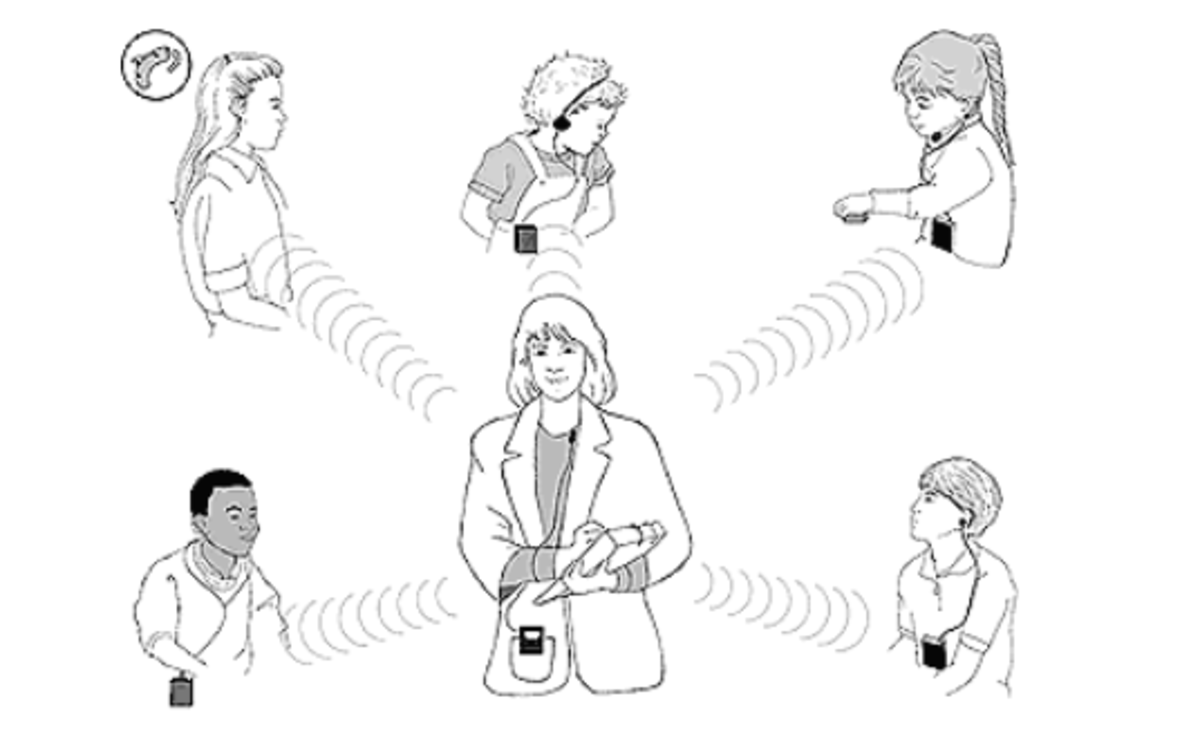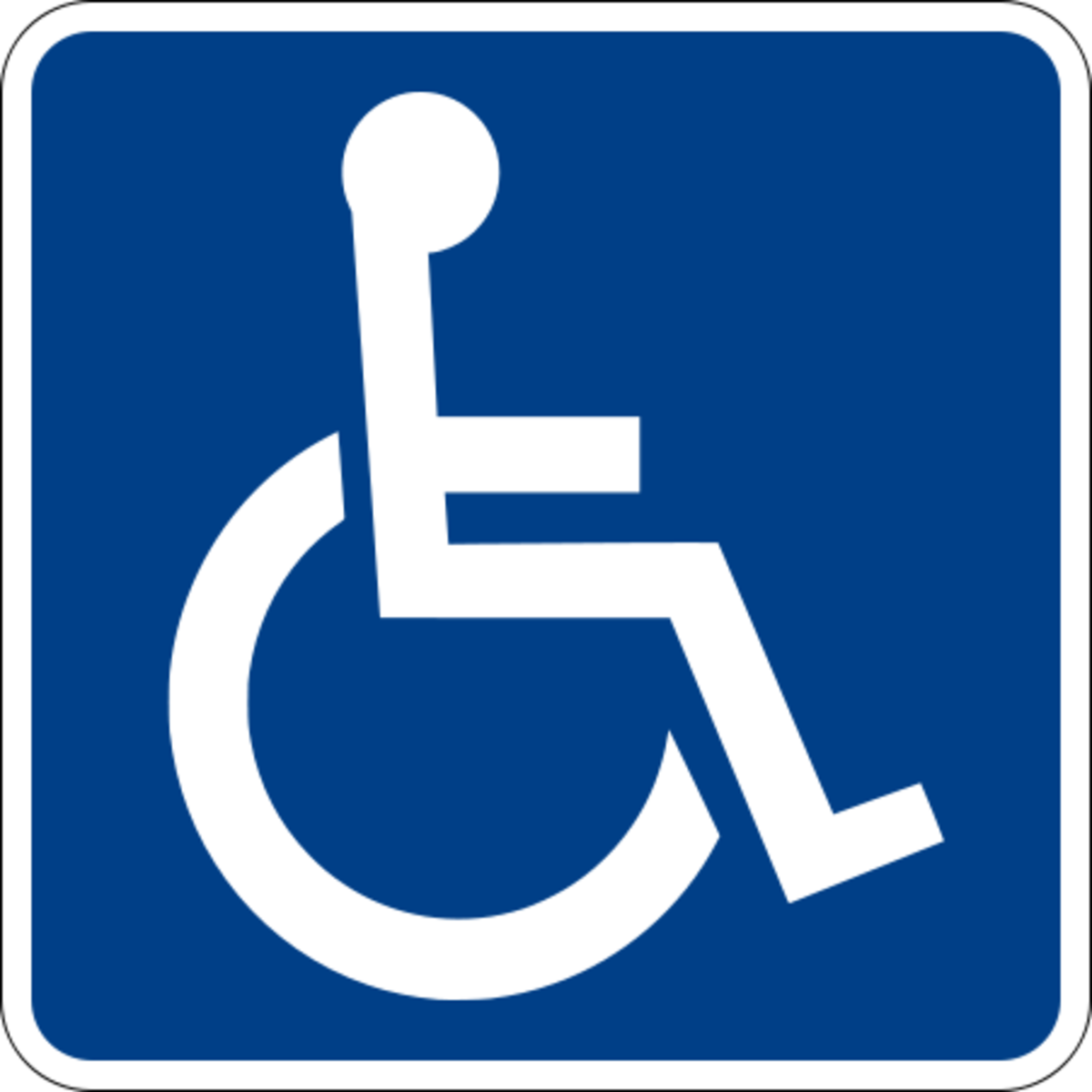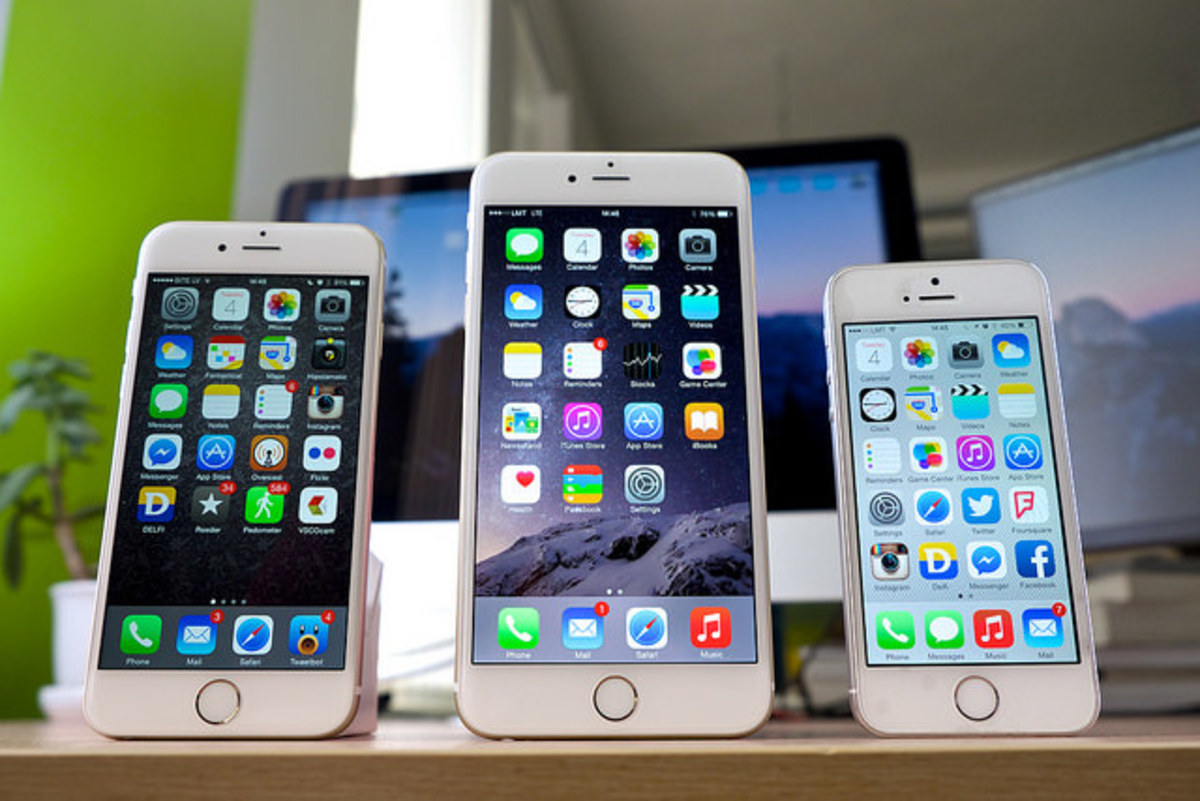Advantages of ICT in Education

Introduction
Mankind's effort to making life easier has made many things. The wheel, as an example, was discovered by mankind to ease the burden of transportation. As greater problems arose, new and better innovations we discovered. At one point, the solutions to our problems became from innovation to evolution. We went from mails to emails. Since the dawn of the ICT era, mankind has been dealing with far less troubles. ICT has been helping us in many fields. One field where it has done many great achievements is education. Not only has it made education easier, but it has opened up possibilities. Today, we're going to be talking about the advantages of ICT in education.

Helping the Disabled
Information Communication Technology can help ease the problems of the disabled when participating in school activities. In 2014, a study was conducted by two health science majors, Helene Lidström and Helena Hemmingsson. They were researching whether or not ICT helped those with motor, speech, visual, and hearing impairment participate in school activities. In the end, they came up with 32 different studies. For the sake of simplicity, we're going to take a look at only four impairments.
Effectiveness of Word-Processing & Word Prediction in Students with Mild to Severe Motor Impairments
-
Results are very unstable. Some had improvements, while others worsened.
-
Made more mistakes in paper-and-pencil phrases.
-
Showed improved word-processing skills.
-
Both spelling legibility and accuracy improved.
Effectiveness of Various ICT Devices in Students with Speech Impairments
-
Not only helped improve written and literacy productivity, but also improved participation in events, social relationships, and self-esteem.
-
Improved interactions among classmates. However, classmates still excluded observed students. Educational gains were not assessed.
-
Communication was improved. Participation and independence arose in school. Students became familiarized with computers and communication software.
-
Improved the process of learning slightly.
-
No improvements were made in social activities. Eased the process of completing schoolwork and leisure activities.
Effectiveness of Various ICT Devices in Students with Visual Impairments
-
Performance grew higher in easy problems than in difficult problems.
-
Resulted in improved educational performance.
-
Did not give statistically significant improvements.
-
Gave positive results.
-
Eased students in completing tasks.
Effectiveness of Various ICT Devices in Students with Hearing Impairments
-
Eased students in completing their tasks.
-
Made big improvements in the learning process of the students.
-
Improved speech perception.
-
Improved reading ability of the students.
-
Improved phonic test scores.
As seen by each study, ICT does help disabled students in many ways. Not only does it improve academic performances of students, it also improves social relationships and boosts interaction with students. However, as seen clearly by one study, ICT may also worsen a student's performance. In the end though, the pros outweigh the cons.

General Uses
ICT Helps ordinary students in so many ways. Sonia Livingstone from Oxford Review of Education did a reflection report of the advantages of ICT in education. She essentially said that Information Communication Technology is a great tool in enhancing learning, but there are two factors that keep it from enriching the learning process. For now, we’re just going to discuss the factors that she considered as benefits of using ICT in education.
Enhancing Traditional Learning Outcomes
According to a US report from the Congress, classrooms that used reading and mathematics software scored different test scores than classrooms that used traditional methods. Also, an analysis of the PISA survey state children who access a computer or the internet at school do better in activities than children that do not or rarely access a computer or the internet. Then again, children who excessively use the school computers or internet perform worse than either of them. My personal theory is that ICT used correctively in the field of education can give substantially positive results. In this case, allow the use of ICT in the classroom only. Inappropriate use of ICT can also be avoided in a classroom since there’s constant monitoring from a teacher.
Enhancing Soft-Skills
According to a case study by Nyboe and Drotner, ICT can also help enhance a student’s soft-skills. However, in this article, soft-skills are referred to skills that emphasize play, improvisation, experimentation, simulation, multimodal navigation and remixing, multitasking, networking, negotiation and ability to judge diverse information sources. Continuing on, the case study talks about a Danish animation project in a school. In the project, students were to co-design a digital animation that was due in two weeks. The researchers observed that process that the students undergo in finishing the project is more social than purely individual. According to researchers, the students learned not only about the software, media production, and teamwork, but they also gained media literacy required in handling daily problems in our life. To conclude, ICT projects and assignments can also enrich education.
Conclusion
To conclude, there are many advantages of ICT in education. However, like everything, usage of ICT in education also has some disadvantages. As discussed in both the first and second portions, ICT may sometimes worsen a student's performance, especially when used incorrectly or excessively. Even though the benefits of ICT remain low in education, ICT still has many advantages in various fields. At the end of the day, we should give thanks to the innovators of ICT, since they make newer versions of ICT, which eases our daily life. This was Jaiselin Subramaniam, thanks for reading, and I hope you’ll have a wonderful day.







